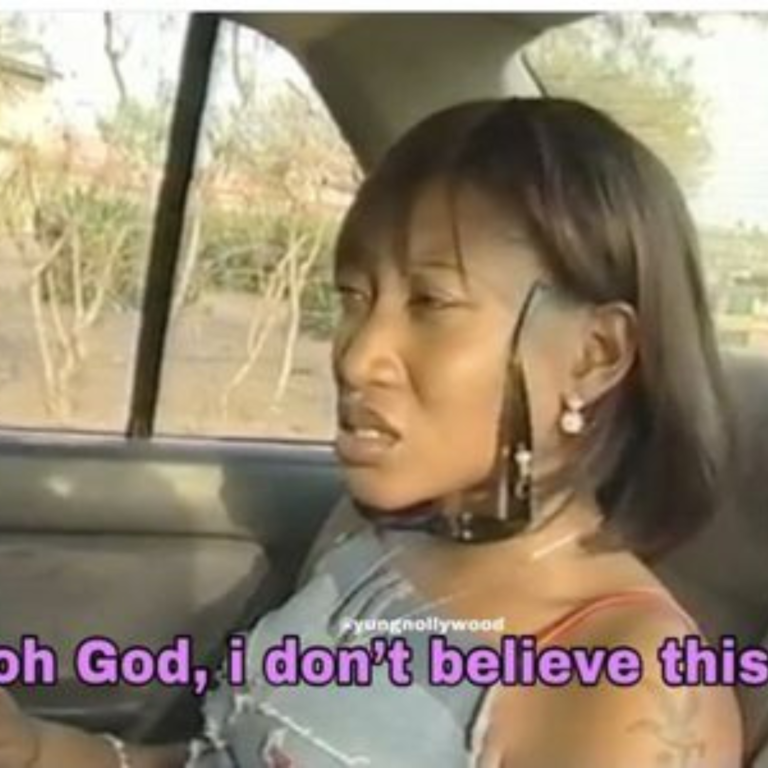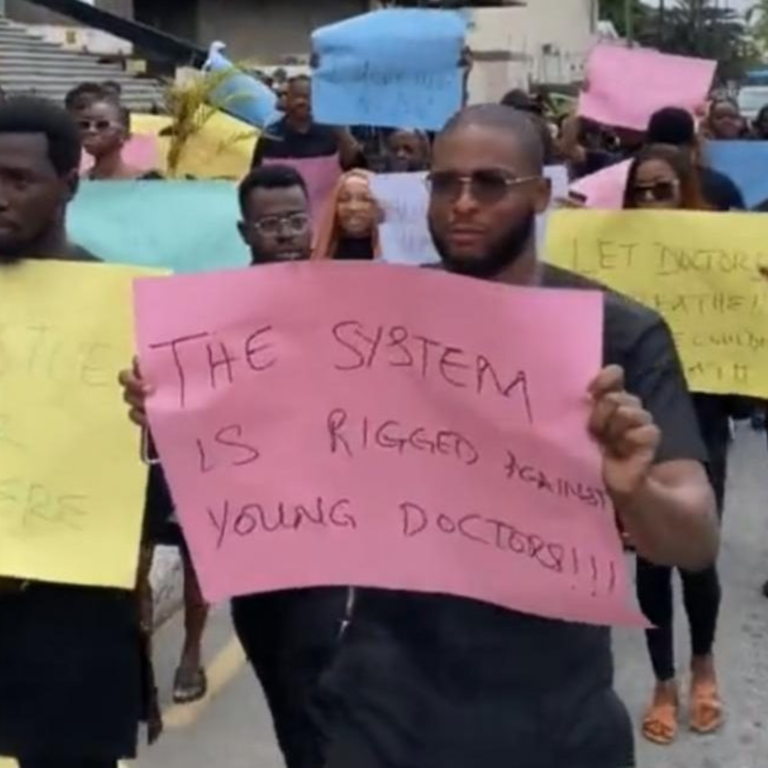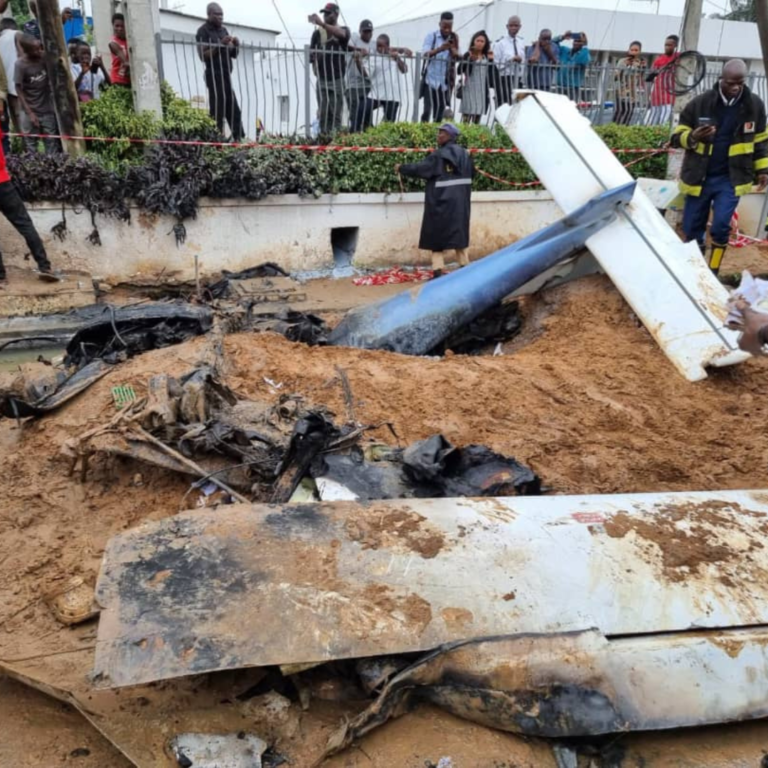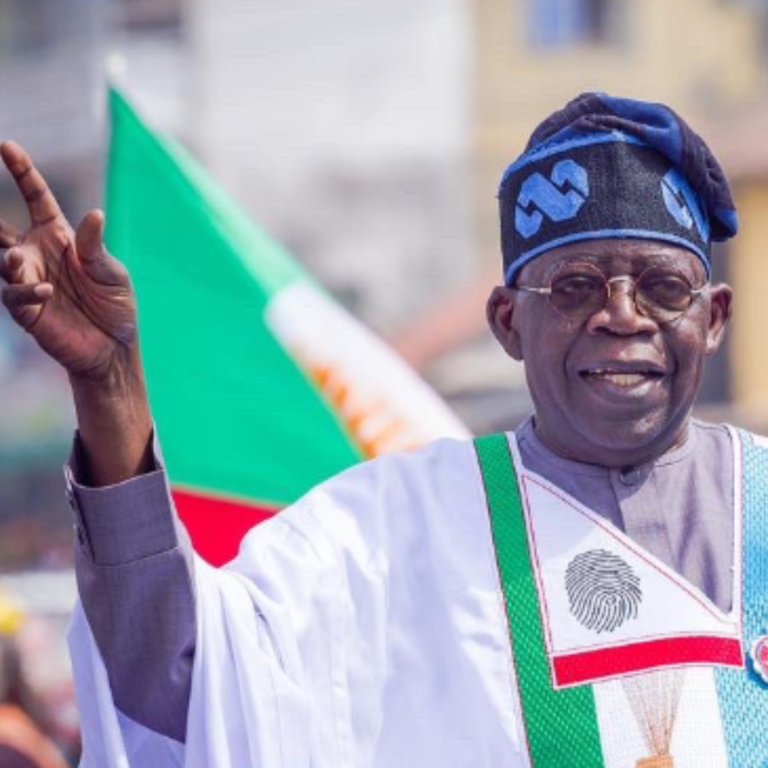We’re four days away from the 2023 presidential election, with as much anticipation as the Game of Thrones final season – hopefully it’s not as underwhelming.
On February 20, 2023, the Independent National Electoral Commission (INEC) released the list of polling unit and collation centre agents submitted by the political parties for the upcoming 2023 general elections.
But before we go into the details of the list, who are polling unit agents?
A polling agent is someone appointed by a candidate or political party to oversee the conduct of the polls on election day. This is important because it enhances the transparency and legitimacy of the electoral process.
So, what are the significant highlights of INEC’s polling unit agents list?
There are 1,574,301 polling unit agents
INEC revealed 18 political parties and over 1.5 million polling unit agents would participate in the upcoming 2023 elections.
Further breakdown
68,057 collation agents will be present at the registration centres (area, ward, local government area and state)
The report also showed that 68,057 collation agents would be at the registration centres. On further review, you’d see that the NNPP has the most collation agents at 9,604. They were closely followed by the APC with 9,581, the PDP at 9,539 and LP with 4,859 agents.
There will be 27 agents at the National collation centre
The APC, LP and PDP have two agents each, the NNPP has one, and the other political parties have 20 agents.
Kano has the highest number of polling unit agents
Kano has the second-highest registered voters, with about 5 million voters. And it’s once again pulling great numbers as it has the highest number of polling unit agents with 145,393. Lagos, Rivers, Kaduna and Katsina are other states with high polling unit agents.
Hopefully, this election will turn out to be as free and fair as possible because the last thing Nigeria needs now is another unqualified leader not deserving of his political seat.




